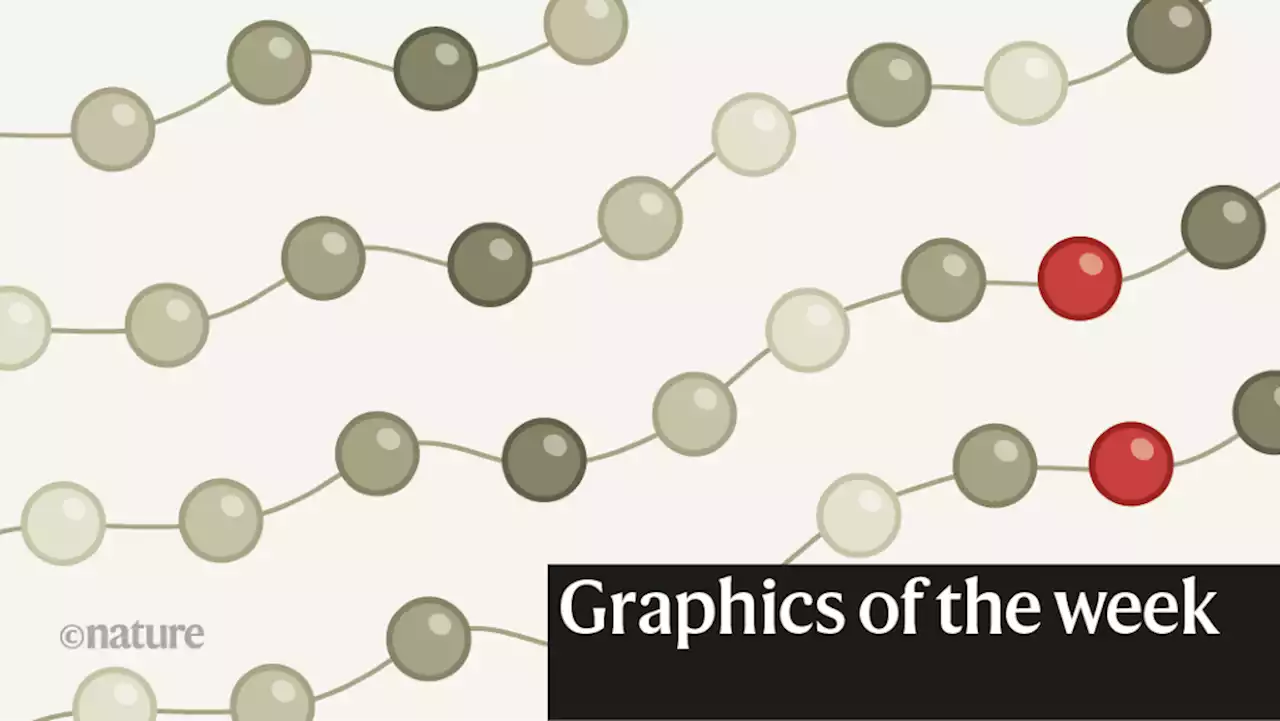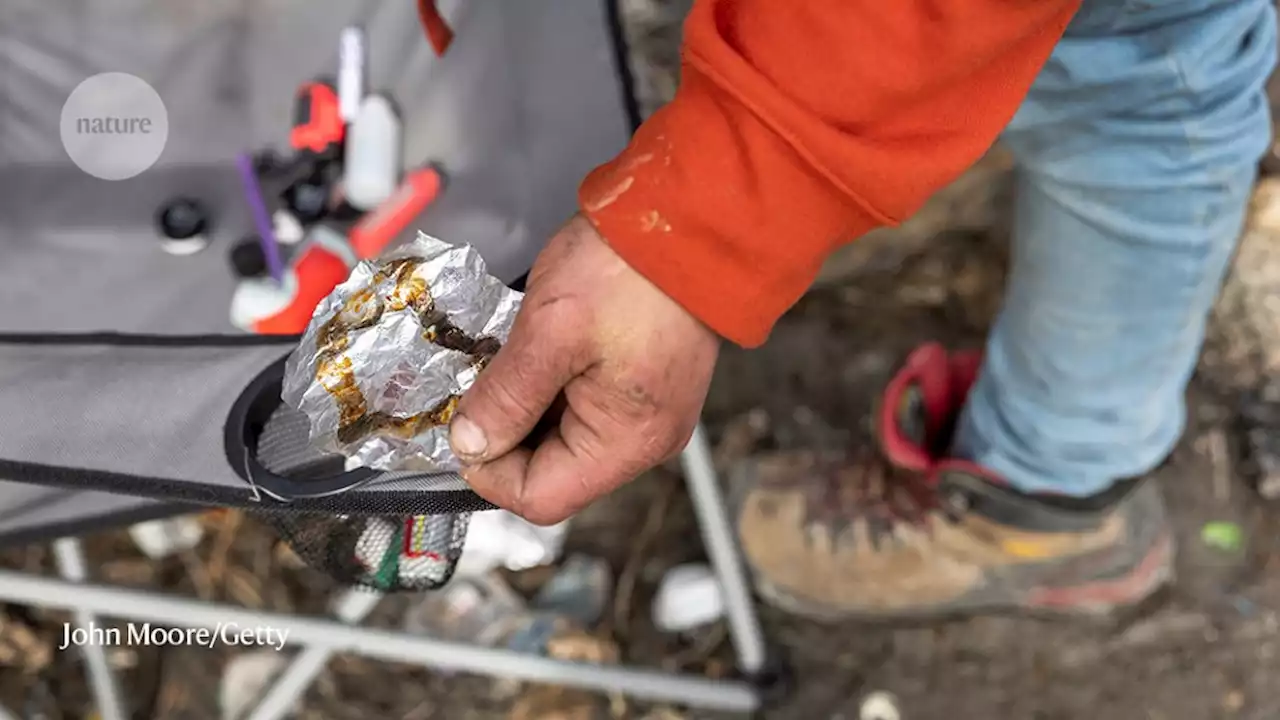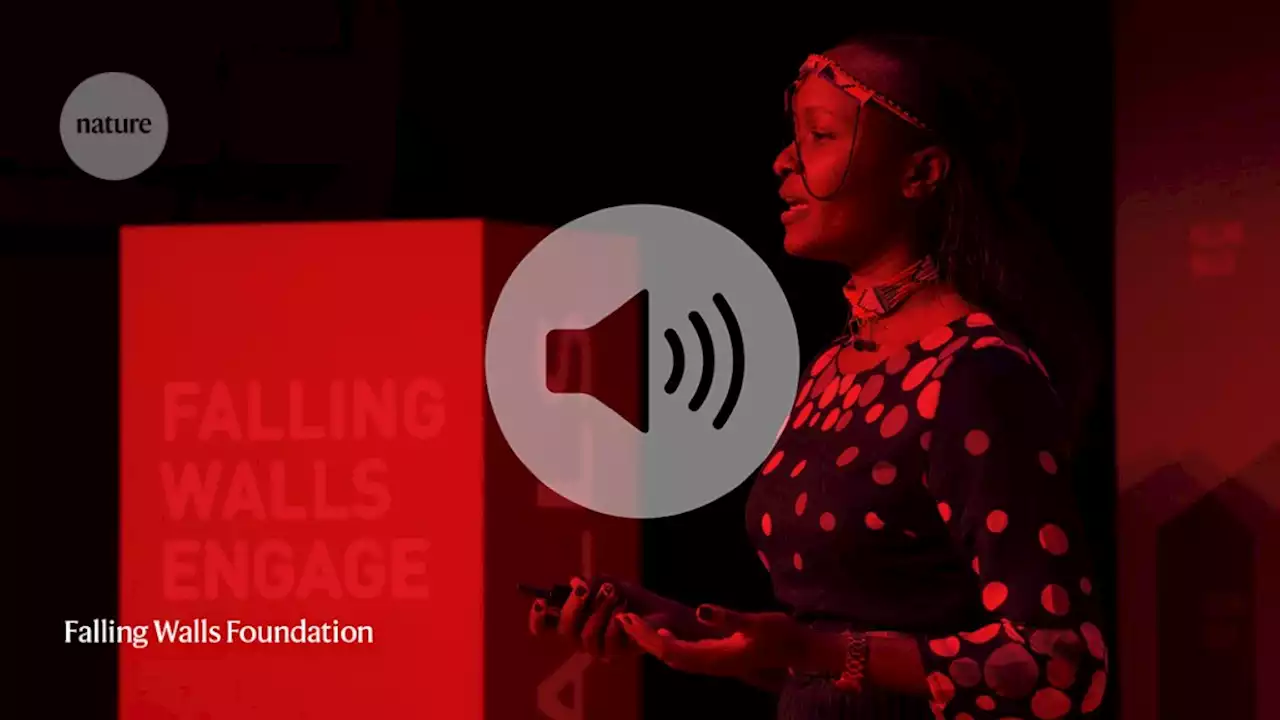Mary Bitta’s research develops and tests interventions to address the stigma of poor mental health in Kenya.
Your browser does not support the audio element.Mental-health researcher Mary Bitta uses art and artistic performance to tackle public mistrust in science across communities in Kilifi, Kenya.
In this series, we've been exploring the practice of science in this wonderful continent, the progress, the issues, the needs, and in the words of the African scientists who are based here. And because of this, there are so many problems, all the way from individual interpersonal community organizational level.
And then this cascades down, cascades up I would say, goes all the way up to for example, the policy level, where there are misconceptions about the low priority of mental health because of data. So they do not prioritize mental health. And what this leads to is lack of resource allocation to mental health.
Speaking of regional, here in Kilifi there's been tremendous progress, I guess, partly influenced by the presence of a research institute that's generating evidence. So compared to when I started working in Kilifi in 2015 there's been a lot of progress in every level of care. And I mean, you know, I conduct research in either Kiswahili or Kikuyu. Swahili is Kenya's lingua franca and then Kikuyu is the most widely spoken language here. And then I, you know, analyze and present my findings in English. Now, my method of working is participatory action research, which means that I involve the target populations in design, implementation and evaluation of interventions. So, this demands that even communicating the I should communicate my results.
So that's just one of the things, just finding the right words to communicate the concept without losing meaning. And there was a time when there was a rumour going on in the community that the blood samples were being like those these huge, within the Kemri logo, the organizational logo, there is a snake, which is usually common in many medical fields of research.
So that's all there is that suspicion and, and for a long time, even to date, we have international collaborators from all over the world. And so when, you know, they see white people in the organization, and like myself, I'm from a different part of the country, have come here, and we are collecting the samples.
And just explaining that we would be storing saliva samples for a long time because it has a very personal and a very spiritual meaning for, for some of the people here. And so that's why I chose art because one, it brings people together, and then in add this freedom of expression, which is very critical, and which gives us an opportunity to to address those really contentious issues.
So we do so what the design of for example, the first thing was such that we were working with people across all the levels, including like the administrators, etc. That's the whole point. Yes, we focus on the entertainment to attract the crowds, because we want people to you know, we do not want the seriousness that's usually attached to you know, research and health science that will not attract the crowd.
And then we also have healthcare providers which could include biomedical healthcare providers, traditional healers, spiritual healers. And then we also have representatives from the administrative units etc. So that is how we chose music and dance as a method of communicating. Discussing stigma and mental health essentially.
And that's how we coined the name Man in Chains. And so we've used this documentary to speak about stigma around mental illness, beliefs and myths and misconceptions about the causes of mental illness. So we will carry the projector and laptop, widescreen speakers and everything. And we'll select a venue with access to electricity.So with the radio events, what we actually do is just, we do we book slots for just discussing mental health. And it's usually advertised on the radio pages, their web pages and everything.
Polio, measles, diphtheria, and other childhood immunizable diseases, they began to believe misinformation that the vaccines affected fertility. But of course, what we are observing so far is in the short term. So we are yet to see whether these effects will be sustained in the long term. For me, one big outcome of this work is that we are opening avenues for dialogue. I think for me that's a big change because mental health stigma has been a taboo subject for the longest time.
United States Latest News, United States Headlines
Similar News:You can also read news stories similar to this one that we have collected from other news sources.
 Swiss funder unveils new CV format to make grant evaluation fairerThe Swiss National Science Foundation’s ‘narrative’ template seeks evidence of applicants’ wider contributions to science.
Swiss funder unveils new CV format to make grant evaluation fairerThe Swiss National Science Foundation’s ‘narrative’ template seeks evidence of applicants’ wider contributions to science.
Read more »
 No, Zendaya Is Not PregnantTikTok yet again manages to spread chaos and misinformation.
No, Zendaya Is Not PregnantTikTok yet again manages to spread chaos and misinformation.
Read more »
 Poem: ‘Vaulted Seeds,’ after the Svalbard Global Seed VaultScience in meter and verse
Poem: ‘Vaulted Seeds,’ after the Svalbard Global Seed VaultScience in meter and verse
Read more »
 Viggo Mortensen & Léa Seydoux Reveal the Roles They Originally Wanted to Play in 'Crimes of the Future'Viggo Mortensen and Léa Seydoux reveal the roles they originally wanted to play in CrimesoftheFuture:
Viggo Mortensen & Léa Seydoux Reveal the Roles They Originally Wanted to Play in 'Crimes of the Future'Viggo Mortensen and Léa Seydoux reveal the roles they originally wanted to play in CrimesoftheFuture:
Read more »
 Saving energy, monkeypox’s march — the week in infographicsNature highlights three key graphics from the week in science and research.
Saving energy, monkeypox’s march — the week in infographicsNature highlights three key graphics from the week in science and research.
Read more »
 Opioid-crisis peak, science prizes and tree-species puzzleThe latest science news, in brief.
Opioid-crisis peak, science prizes and tree-species puzzleThe latest science news, in brief.
Read more »
